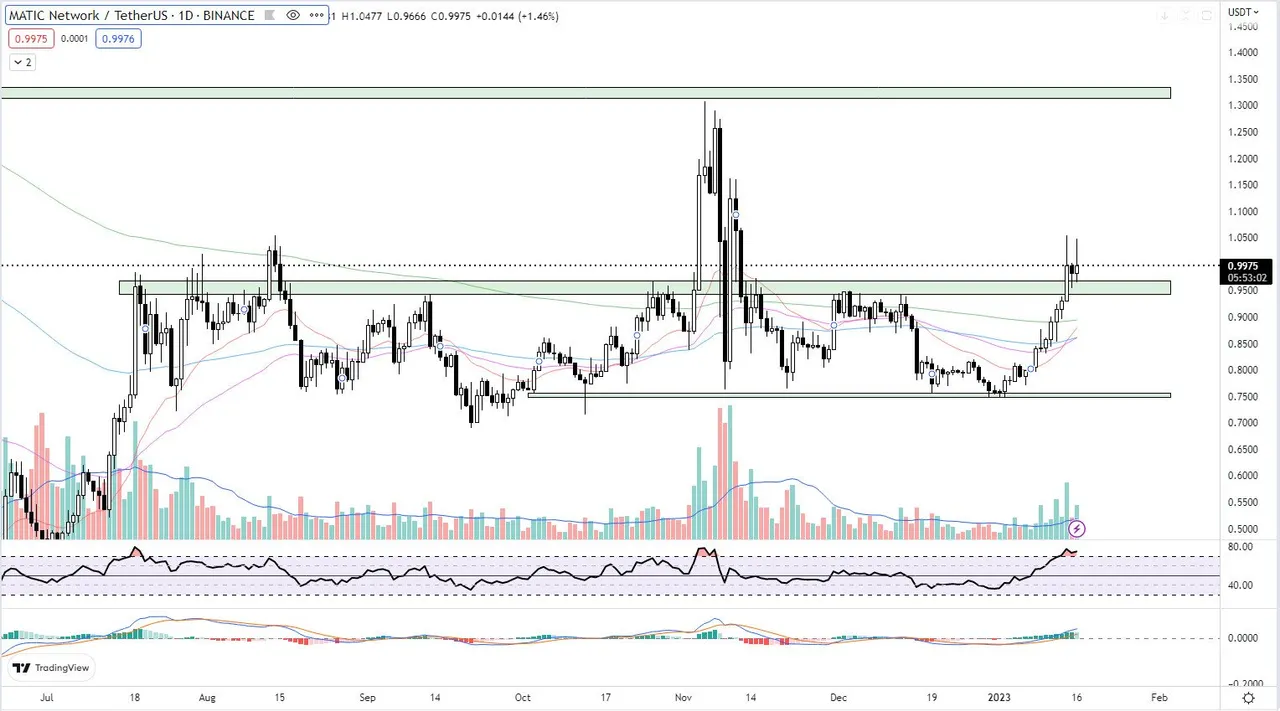Polygon, formerly known as Matic Network, is a decentralized platform that aims to provide a scaling solution for Ethereum. It utilizes a network of sidechains that are connected to the Ethereum mainchain, allowing for faster and cheaper transactions. The Polygon hard fork, set to take place on December 17th, 2021, aims to further enhance the platform's performance and boost the price of the native token, MATIC.
One of the key features of the hard fork is the implementation of an upgraded version of the Plasma protocol, known as Polygon Plasma. This new version of Plasma will allow for faster and more efficient transactions on the network, as well as improved security. Additionally, the hard fork will also introduce a new consensus mechanism known as "Staking-as-a-Service" (SaaS). This mechanism will allow users to stake their MATIC tokens and earn rewards for participating in the network's governance.
The increased performance and security brought about by the hard fork are likely to attract more users and developers to the Polygon network. This will lead to an increase in demand for MATIC, as more people will be looking to purchase the token to access the platform's services. Additionally, the introduction of SaaS will also increase the demand for MATIC, as users will be incentivized to hold onto their tokens in order to earn staking rewards.
Furthermore, the Polygon hard fork will also make it easier for existing Ethereum-based projects to migrate to the Polygon network. This is because the hard fork will introduce an Ethereum Virtual Machine (EVM) compatibility layer, allowing existing Ethereum smart contracts to be easily ported over to the Polygon network. This will open up a whole new ecosystem of decentralized applications (dApps) that can take advantage of the faster and cheaper transactions offered by Polygon.
In conclusion, the Polygon hard fork is set to bring significant improvements to the platform's performance and security, as well as introducing a new staking mechanism that will incentivize users to hold onto their MATIC tokens. This will ultimately lead to an increase in demand for MATIC, and the price of the token is expected to rise as a result. Additionally, the hard fork will also make it easier for existing Ethereum-based projects to migrate to the Polygon network, further increasing the adoption and demand for the platform and its native token.

Image source cryptonews.com